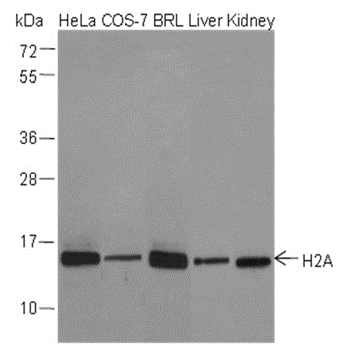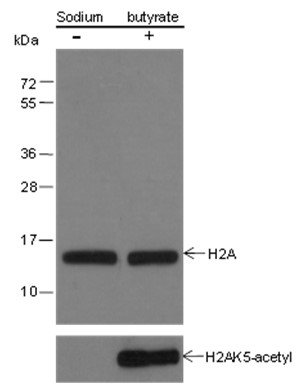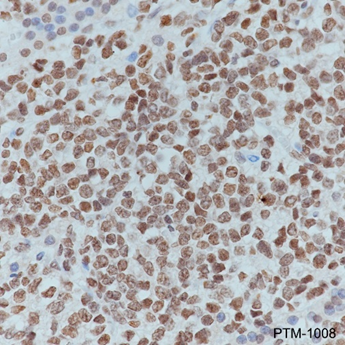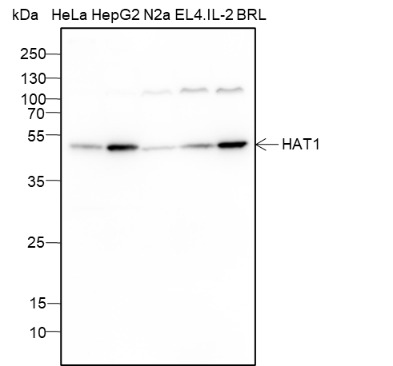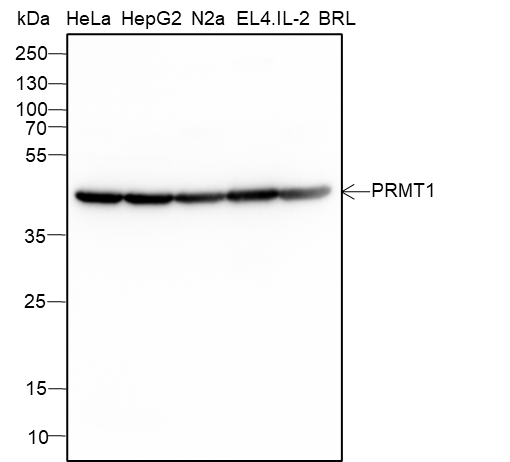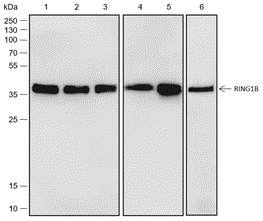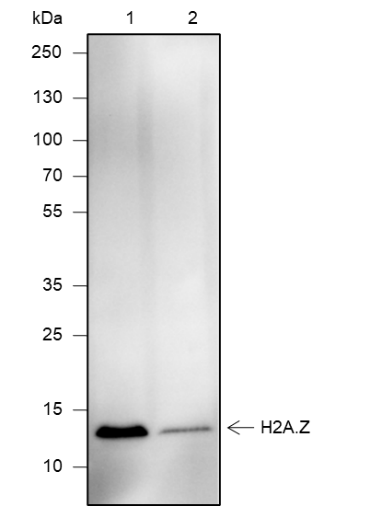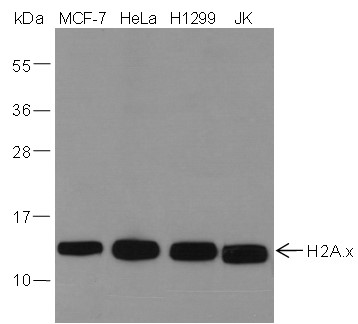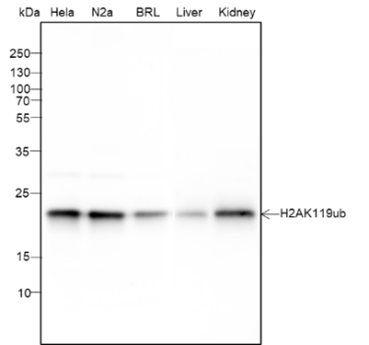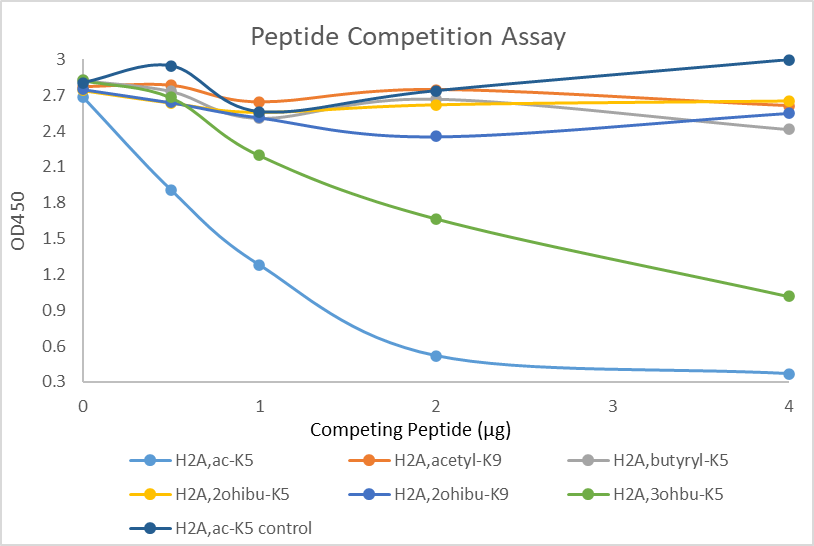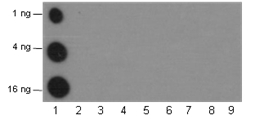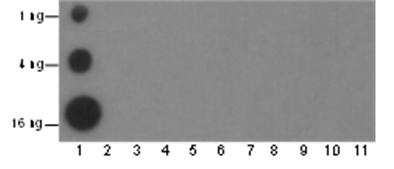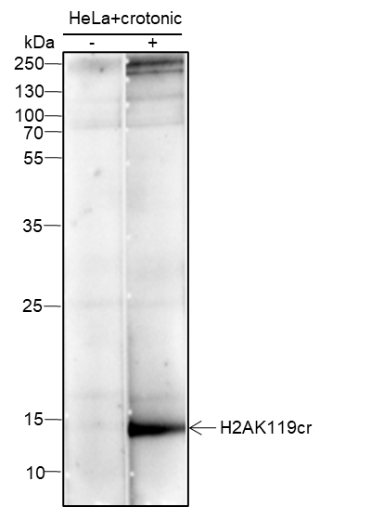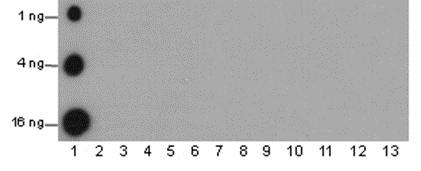Background
Histones are a family of basic proteins that form the core of the nucleosome – the fundamental structural unit of chromatin. In a single nucleosome, core histone proteins H2A, H2B, H3, and H4 form an octamer around which the DNA is tightly wrapped. Among these core histones, the H2A family shows the highest sequence divergence, especially in the C-terminal region, leading to variants including H2A.Z, H2A.X, MacroH2A, H2A.B etc. Histone H2A helps regulate chromatin structure and function through specialized variants and a wide variety of post-translational modifications (PTMs). These PTMs including acetylation, ubiquitination, methylation, phosphorylation, and novel acylations directly affect the accessibility of chromatin to transcription factors and other epigenetic regulators, altering genome stability and gene transcription.
Cellular location
Nucleus


